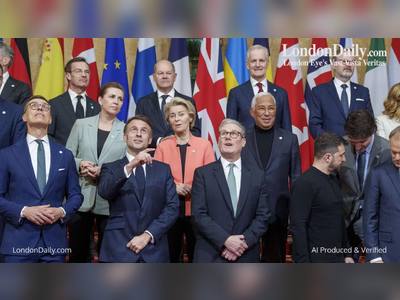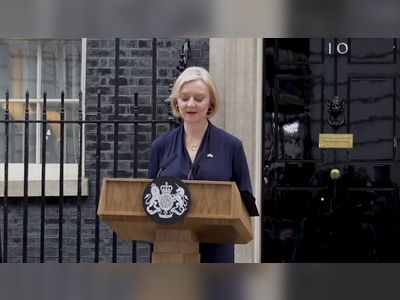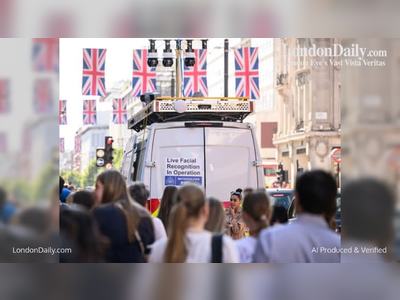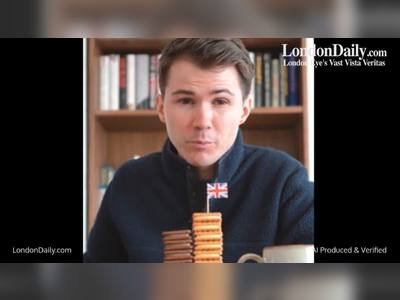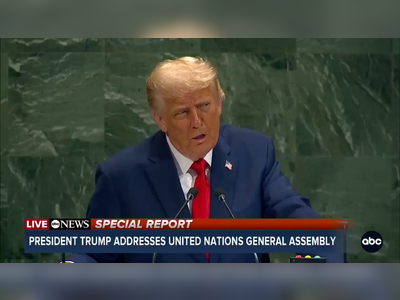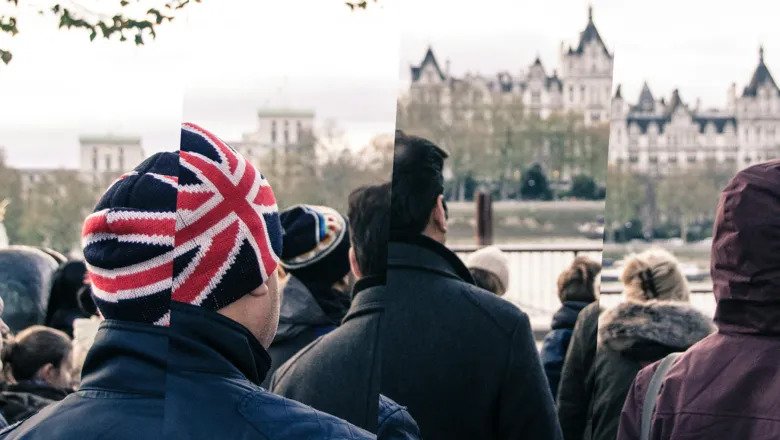
Eighty-Four Percent of Britons Say the UK Is Deeply Divided Amid Culture-War Surge
Study by Policy Institute, King’s College London and Ipsos finds record levels of division and rising nostalgia for a ‘past Britain’
A recent survey has found that 84 per cent of people in the United Kingdom believe their country feels divided—its highest level since the tracking began in 2020, compared with 74 per cent five years ago.
The same research shows that 67 per cent view “culture wars” as a key driver of division, up from 46 per cent in 2020.
Conducted by the Policy Institute at King’s College London in partnership with Ipsos, the study gathered responses from 4,027 adults aged 16 and over between 21 and 27 August 2025. It highlights a national mood of unease about change: half of respondents, 50 per cent, say culture in the UK is evolving too quickly, up from 35 per cent five years ago.
Meanwhile, 48 per cent say they would prefer their country to be the way it used to be—an increase from 28 per cent in 2020.
The report also finds that 64 per cent of respondents agree that culture wars are a serious problem for society and politics—an increase from 44 per cent in 2020 —and the proportion who “strongly agree” has doubled from 10 per cent to 20 per cent.
Other notable findings include: 86 per cent perceiving tension between immigrants and people born in the UK, up from 74 per cent in 2023; the public’s pride in the country slipping to 46 per cent, down from 56 per cent five years ago; and 39 per cent saying that transgender rights have gone too far, more than double the 17 per cent who held that view in 2020.
Supporters of the Reform UK party stand out in the data: 83 per cent believe the UK is divided by culture wars, and 88 per cent agree there is too much cultural change.
By contrast, supporters of other major parties register lower but still significant levels of concern on these issues.
Although the proportion of Britons who still perceive tension between Leave and Remain voters has fallen from 78 per cent in 2020 to 52 per cent today, this easing of one fault-line appears to have been offset by a sharp rise in identity- and culture-based divisions.
The authors observe that the UK’s sense of division is shifting: fault-lines once dominated by Brexit or class are now increasingly centred on culture change, immigration, identity and generational values.
The survey’s data-set emphasises that the public feel the pace of change is too fast, nostalgia is rising even among younger age-groups and that politics is increasingly influenced by cultural anxieties.
For example, among 16- to 24-year-olds, the proportion who say they would like the country to be as it used to be has almost doubled from 16 per cent in 2020 to 31 per cent now.
Despite the sense of growing disquiet, the report underlines that public opinion is not monolithic.
A substantial 43 per cent of respondents say they do not identify as either “woke” or “anti-woke” (with a further 19 per cent unsure what the terms mean).
The authors suggest that this points to nuances within the culture-war landscape and the presence of a significant middle ground.
The findings raise wider questions for policymakers about social cohesion, the role of identity in public life and how to manage the pace of change without eroding national unity.
With the UK’s cultural and political dynamics evolving rapidly, the framing of national belonging appears to be under growing strain.
The same research shows that 67 per cent view “culture wars” as a key driver of division, up from 46 per cent in 2020.
Conducted by the Policy Institute at King’s College London in partnership with Ipsos, the study gathered responses from 4,027 adults aged 16 and over between 21 and 27 August 2025. It highlights a national mood of unease about change: half of respondents, 50 per cent, say culture in the UK is evolving too quickly, up from 35 per cent five years ago.
Meanwhile, 48 per cent say they would prefer their country to be the way it used to be—an increase from 28 per cent in 2020.
The report also finds that 64 per cent of respondents agree that culture wars are a serious problem for society and politics—an increase from 44 per cent in 2020 —and the proportion who “strongly agree” has doubled from 10 per cent to 20 per cent.
Other notable findings include: 86 per cent perceiving tension between immigrants and people born in the UK, up from 74 per cent in 2023; the public’s pride in the country slipping to 46 per cent, down from 56 per cent five years ago; and 39 per cent saying that transgender rights have gone too far, more than double the 17 per cent who held that view in 2020.
Supporters of the Reform UK party stand out in the data: 83 per cent believe the UK is divided by culture wars, and 88 per cent agree there is too much cultural change.
By contrast, supporters of other major parties register lower but still significant levels of concern on these issues.
Although the proportion of Britons who still perceive tension between Leave and Remain voters has fallen from 78 per cent in 2020 to 52 per cent today, this easing of one fault-line appears to have been offset by a sharp rise in identity- and culture-based divisions.
The authors observe that the UK’s sense of division is shifting: fault-lines once dominated by Brexit or class are now increasingly centred on culture change, immigration, identity and generational values.
The survey’s data-set emphasises that the public feel the pace of change is too fast, nostalgia is rising even among younger age-groups and that politics is increasingly influenced by cultural anxieties.
For example, among 16- to 24-year-olds, the proportion who say they would like the country to be as it used to be has almost doubled from 16 per cent in 2020 to 31 per cent now.
Despite the sense of growing disquiet, the report underlines that public opinion is not monolithic.
A substantial 43 per cent of respondents say they do not identify as either “woke” or “anti-woke” (with a further 19 per cent unsure what the terms mean).
The authors suggest that this points to nuances within the culture-war landscape and the presence of a significant middle ground.
The findings raise wider questions for policymakers about social cohesion, the role of identity in public life and how to manage the pace of change without eroding national unity.
With the UK’s cultural and political dynamics evolving rapidly, the framing of national belonging appears to be under growing strain.


